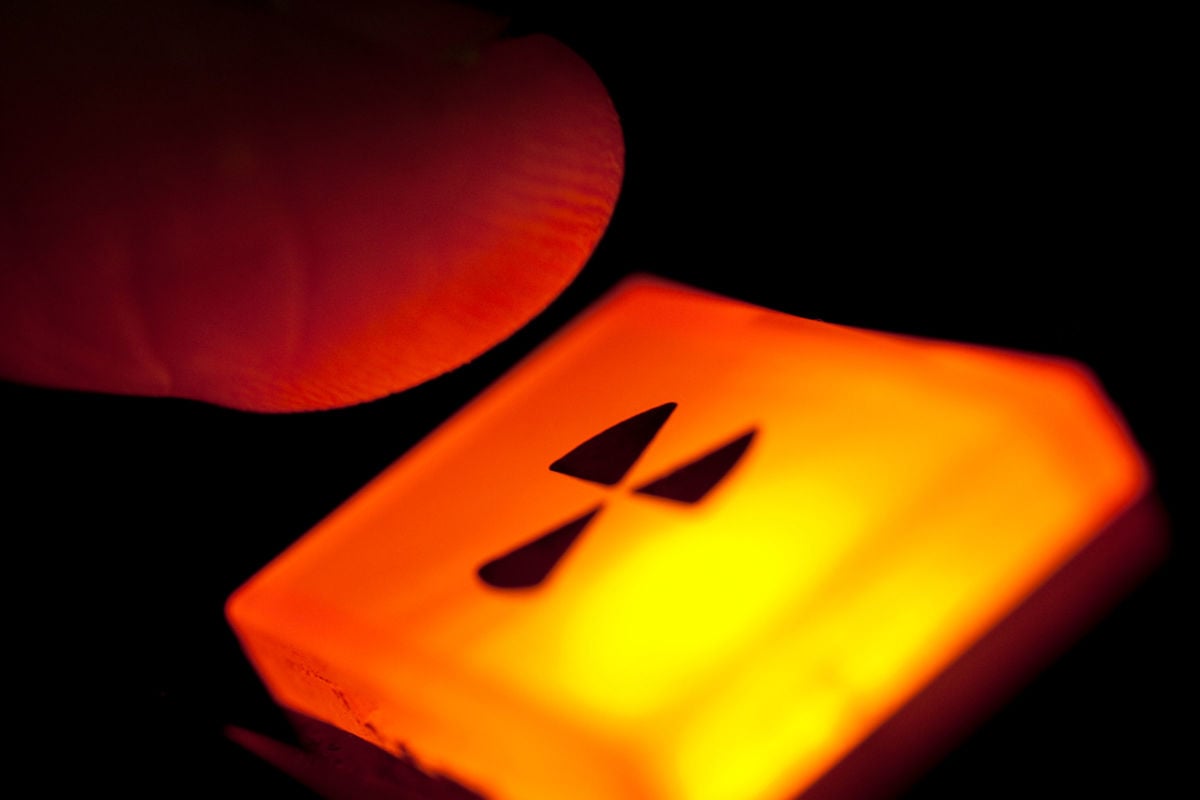Lt. Gen. Robert Ashley recently accused Russia of violating the Comprehensive Nuclear-Test-Ban Treaty (CTBT) in a move that can only serve to increase tensions between two nuclear-armed nations. Despite the gravity of these claims, there has been a lack of clarity on whether the allegations are more than hearsay.
In a speech at the Hudson Institute on May 29, Ashley used language such as “probably” and “capability” rather than speaking with certainty. Despite this lack of firm evidence, the accusations were taken by some opponents of the CTBT as a sign that the U.S. should withdraw from the CTBT. This could not be more wrong.
The CTBT, a multilateral treaty that would ban all forms of nuclear testing, was finalized in 1996. It has not entered into force because eight key states, including the U.S., have yet to sign and/or ratify it. The U.S. originally was a fierce fighter for the CTBT, with President Bill Clinton paving the way by being the first to sign the treaty.
Now, however, the U.S. is one of the main countries preventing the full implementation of all the monitoring tools available under the CTBT. While the U.S. financially supports the organization developed to manage the globally used International Monitoring System, the U.S. has failed to make progress with ratification.
Additionally, as a U.N. Security Council member, the U.S. has helped pass numerous resolutions supporting the CTBT, but has failed to garner support for it domestically. Yet, despite all the ways the U.S. has backed the treaty, it still hasn’t taken the key step of ratifying it.
Ultimately, a ban on nuclear testing is in the best interest of U.S. national security. Nuclear testing is an important part of the nuclear weapons development cycle. Without the ability to test a new design, there is a degree of uncertainty surrounding the success of any particular nuclear weapon.
If countries refrain from conducting nuclear tests, however, it benefits non-proliferation efforts because new weapons designs would not be sought out. Instead, focus could be placed on nuclear reductions and disarmament. Further, a ban on nuclear weapons testing would mean that there would be a decrease in a country’s ability to develop new weapons designs.
Moreover, a ban would decrease a signatory country’s desire to seek out new weapons designs because it doesn’t make financial sense to invest in something that potentially would not work. Ensuring a ban on nuclear testing is a key first step in preventing the further proliferation and advancement of nuclear weapons arsenals. Once this is achieved, a focus can finally be placed on complete disarmament.
The entry into force of the CTBT would be a positive step in the fulfilment of U.S. obligations under Article VI of the Non-Proliferation Treaty (NPT), which states that all members to the NPT will work toward the end of a nuclear arms race and nuclear disarmament.
Disarmament and the cessation of a nuclear arms race is not something that can be achieved alone, but must be established through an international forum. How can Americans expect to see countries end their own nuclear endeavors without first leading by example and ratifying the CTBT?
If the U.S. is truly worried about the spread of nuclear weapons, it should place its number one priority on ratifying the CTBT rather than press questionable intelligence claims.
The nuclear arms control regime is at a crucial point, one in which the U.S. must play an active part. Instead of accusing Russia of violating a treaty (without evidence), the U.S. should focus on unlocking all the monitoring tools presented under the CTBT.
The duty falls to the U.S. Congress and the Trump administration to ratify the treaty and move us toward a nuclear-weapon-free world.
Join us in defending the truth before it’s too late
The future of independent journalism is uncertain, and the consequences of losing it are too grave to ignore. To ensure Truthout remains safe, strong, and free, we need to raise $46,000 in the next 7 days. Every dollar raised goes directly toward the costs of producing news you can trust.
Please give what you can — because by supporting us with a tax-deductible donation, you’re not just preserving a source of news, you’re helping to safeguard what’s left of our democracy.
